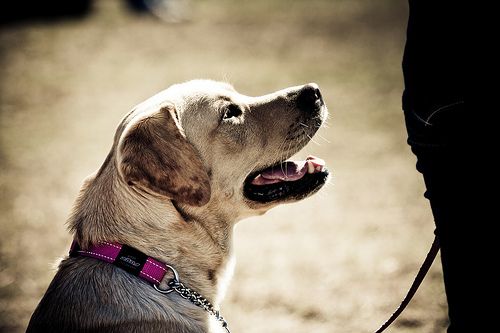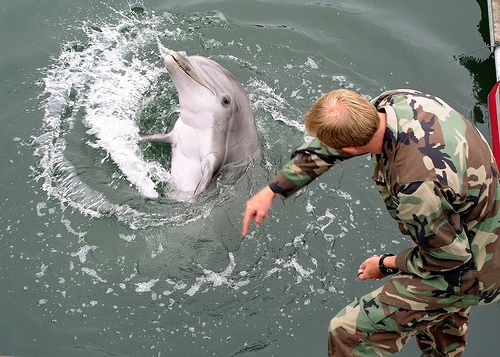Someone recently asked me about careers with dogs.
If you’ve ever invested time in reading my Unusual Animal Careers series you know that I break animal careers into two types, domestic animals or exotic animals.
The reason I don’t usually chat about species specific or breed specific topics is because it limits your options.
However, today more and more people are focusing in on dog jobs or careers with dogs and other specific roles in the pet industry.
There are a lot of options out there compared to twenty years ago when the profession with animals wasn’t really considered a “real” job.
I am working on a more comprehensive resource on dog careers but want to point out a few of the dog profession favorites.
Many of the jobs don’t required higher degrees while others might. For instance, many dog trainers do not have degrees but certifications and additional training is now an option but it certainly was not the norm when I entered into the field as an animal trainer.
The secret is that you need some animal sense and skills.
When people mention dog jobs, most think of roles such as a small animal veterinarian or veterinary technician, dog groomer or dog trainer.
However, in today’s pet service industry there are a variety of roles to consider such as:
- Dog Walker
- Critter Sitter
- Dog Fitness Coach
- Pet Poop Clean Up Specialist
- Canine Show Handler
- Doggie Day Care Service
- Pet Trust Specialist (Attorney)
- Pet Hospice
- Canine Rescue
- Humane Officer
- Canine Behaviorist
- Pet Photographer
- Animal Artist
- Dog Writer
- Shelter Worker
- Dog Kennel Owner
- Pet Retail Supply
- Dog Product Manufacturer
You probably could add a few but this is off the top of my head.
In today’s market there are a lot of options and some are more lucrative than others.
Some are more fun that others–but ultimately you want to pick something that you will find fulfilling and that will also help you make a good living.
So, you might know of a few other dog jobs I might not have mentioned. Please leave your ideas in the comments.
Photo Credit: Axel Buhrman



